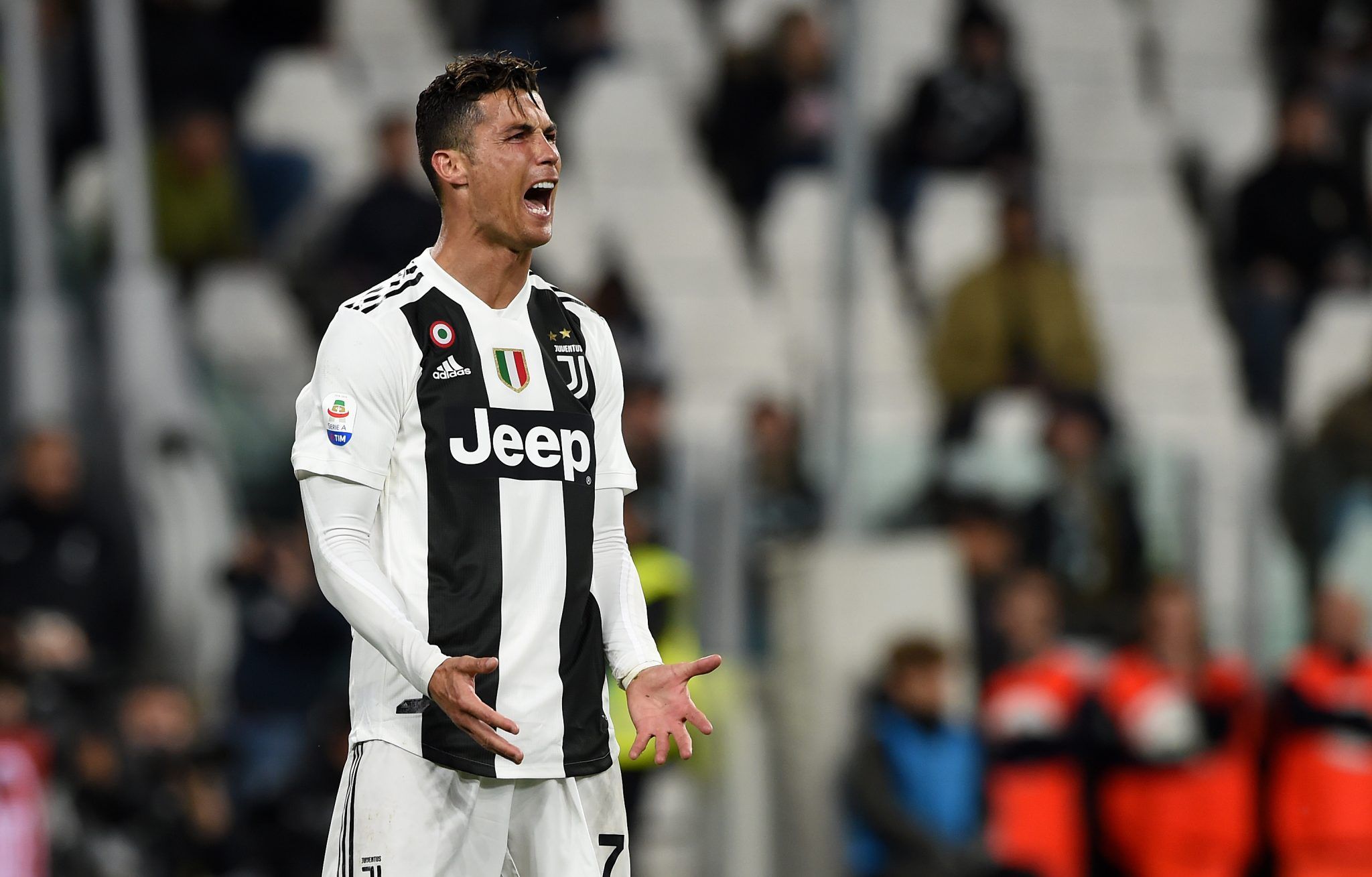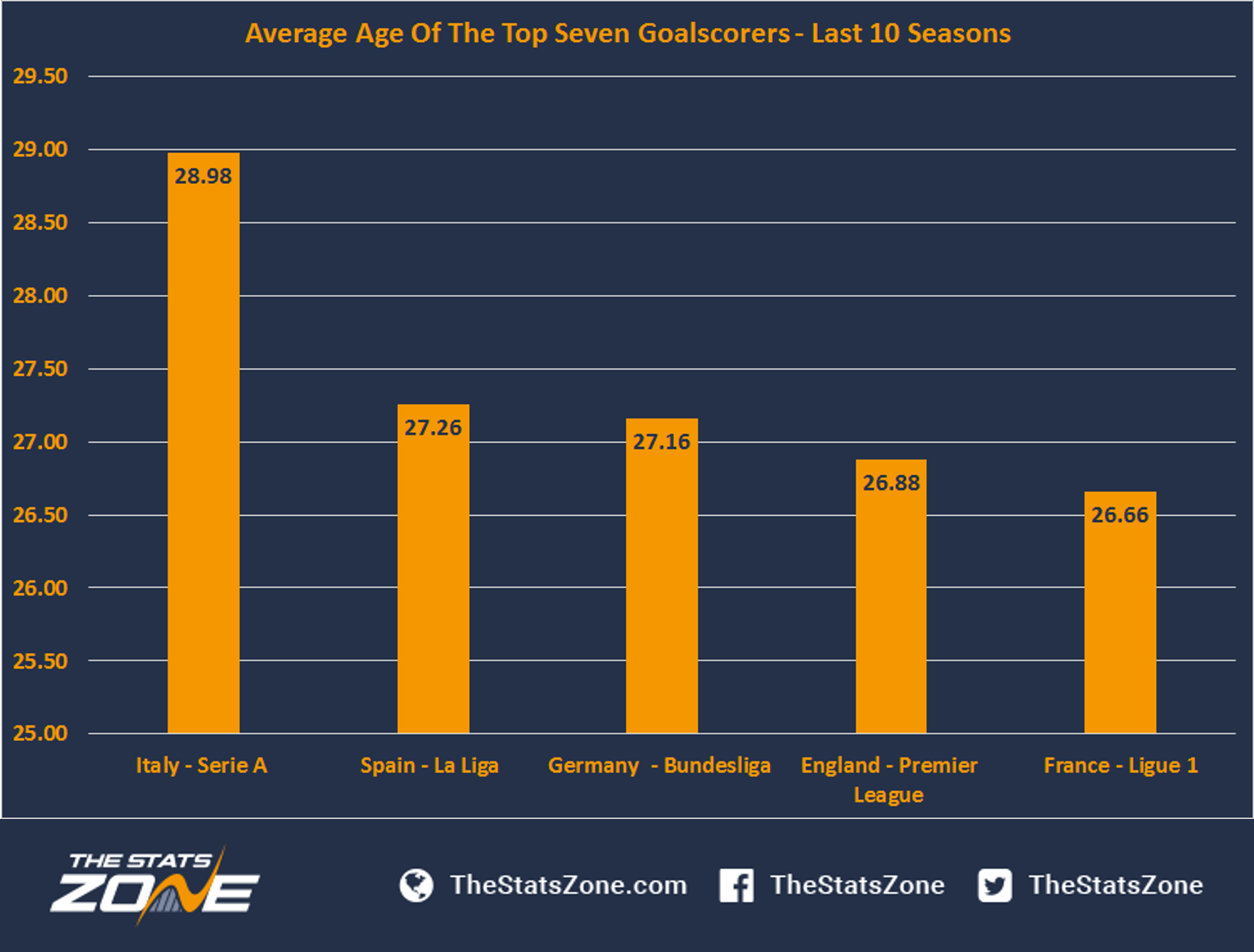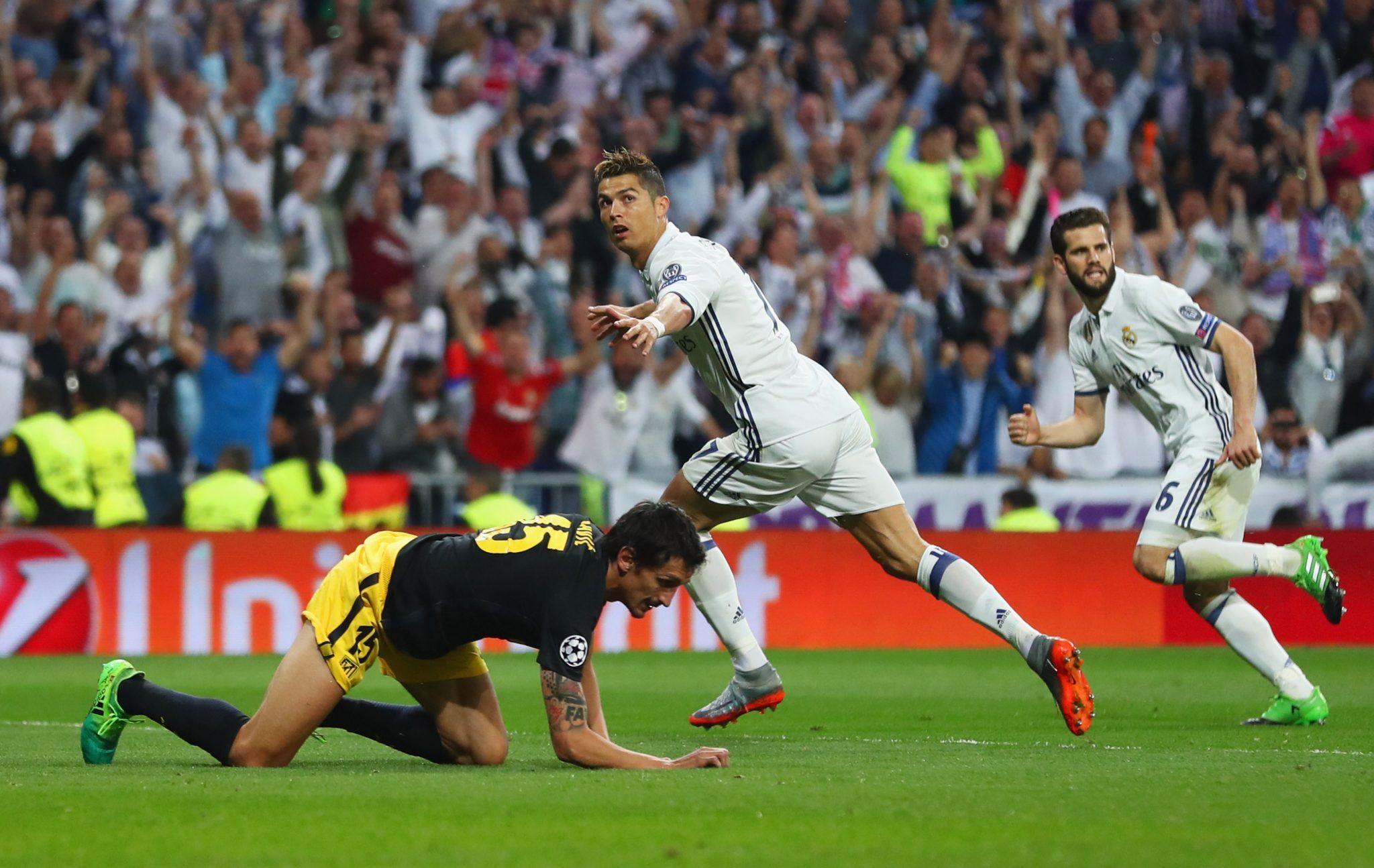Picture this.
The year is 300 AD. A warrior clad in iron armour emerges from the bowels of the Colosseum to face his adversaries. After repeated duels and much-spilt blood, the victorious gladiator is bathed with adoration from over 50,000 spectators for his hard-earned victory.
Fast forward over 1700 years to April 2012. Another duel between two bitter rivals is underway with the Nou Camp serving as the battleground. Real Madrid are battling Barcelona for the La Liga trophy with the Blaugrana sitting four points behind their rivals heading into the match. Victory against Los Blancos would cut the gap down to one and bring them back into title contention.
More than 70 minutes into the game, the score was tied at 1-1 and heading for a draw before a certain Mr Ronaldo had his say on the evening’s proceedings. In the 73rd minute, he gathers a deft pass from Mesut Ozil before accelerating past Javier Mascherano and Carles Puyol to score his 54th goal of the season and doom Barca to their first home defeat in 55 games.
But what followed in the aftermath of the goal would go down as one of the defining moments in both El Clasico and club football history. He cantered over to the sidelines pumping his right hand in a vertical motion whilst mouthing the words “Calma, Calma”.
As if to say: “Take it easy lads, I’m in charge here. I’ll take care of this”.
The now-iconic celebration is a perfect compendium of the player that is Cristiano Ronaldo. The man who is always willing to fight and bail his team out when they need it most. The man who has rewritten football in ways that words fail to describe.
But this season has seen a stark departure from that. At least, in terms of club football.
If you were consigned to the sole sample size of watching the Ronaldo at Juventus this season, you’d be forgiven for thinking that he was…average. This season, he’s scored six goals in 14 matches for Juve, two of those came from the penalty spot. In Serie A, he’s only the ninth-highest scorer in the league, nine goals behind top-scorer Ciro Immobile (14). In the European Top Five Leagues, he doesn’t even appear in the Top 10 list of top scorers.
Excluding international games, this happens to be his poorest goal-scoring start to a season after 14 games since the 2006-07 season when he scored just four aged 21.
To add insult to injury, he’s now been subbed off in two consecutive league games — something which has happened just three times in total in the last 10 years.
In fact, Fabio Capello came out and brazenly stated that:
“The truth is Cristiano Ronaldo hasn’t dribbled past an opponent in three years. When he played in Spain he always went past players and left them there … at the moment he can’t do the kind of moves that Dybala can.”
While Capello’s statement isn’t factually accurate, one can understand the gist of his words. Put simply, Cristiano is just not playing as well as he used to.
In recent years, the Champions League has proved to be Cristiano’s gladiatorial stomping ground, where his animalistic instincts to slay his competitors rears its most visceral head. In the 2013-14 season with Real Madrid, where the team won the double including La Decima (10th Champions League), he conjured up nine goals in the CL group stages and eight in the knockouts. In fact, he was contributing a goal or assist every 47 minutes in the competition!
During the 2015-16 season, he racked up 11 in the group stages and five in the knockouts. In fact, from 2012 to 2018, he finished as the CL top scorer in every season.
Last season though, he scored a total of six goals in the competition, three of which came in a brilliant hat-trick against Atletico Madrid in the Round of 16. His total goals/assists contribution ratio stood at one every 93.6 minutes — decent but lacklustre by his standards
This season, however, his CL ratio stands at a goal every 352 minutes. In all competitions, he’s producing just 0.37 goals per game for the Old Lady.
Get the picture?
However, if there’s one area that’s been faultless for him this year, it’s his stints with the national team. In his recent outing against Lithuania, he banged in his 96th, 97th and 98th goals to seal his ninth international hattrick. He’s scored as many international goals in 2019 (11) as Messi has in the previous three years combined. He’s secured the most international hattricks of any player (nine) and is just 11 short of Ali Daei’s all-time scoring record of 109.
✅ 55 career hat-tricks
✅ Most hat-tricks of any active player
✅ 98 International goals (11 behind all-time record)
✅ Only the second player behind Pele to score 30+ goals for 13 consecutive years 🔥Just Cristiano Ronaldo things 🐐😎pic.twitter.com/CkPGQxT7jv
— SportsJOE (@SportsJOEdotie) November 14, 2019
In fact, since turning 30, he scored 46 goals in 45 games for Portugal and this year, he led his team to their first-ever UEFA Nations League trophy, beating the Dutch in the final. Of course, there will be naysayers who write off his efforts as “tap-ins” or as easy strikes against weak opposition but it still highlights how much he can contribute, even at this age.
At the time of writing, Cristiano is just 81 days shy of his 35th birthday. Thirty-five. You could probably count in one hand the number of forwards in Europe who have consistently played as well as Cristiano has in his thirties.
Generally speaking, players tend to peak between the ages of 25-28. For forwards, their highest goals output generally arrives at age 28 before tailing off as they approach their thirties. And this chart from TheStatsZone sheds some light on the matter.
It’s made clear that in the last decade, the average age of top scorers in Europe’s Top 5 Leagues falls within the 25-28 age group. In this regard, Ronaldo has openly flouted statistical logic by consistently performing at a high level for six years following his 28th birthday.
Let’s face it — this man is a freak of nature. He has regularly defied what should be acceptable or possible for a player of his age. And that’s because he has taken the time, money, sacrifice and effort to invest in himself.
We’re all familiar with regurgitated stories of his eagerness to report first to the training ground and be the last one to leave, his determination to take an ice bath after a game no matter how late the team arrive back and how during his Juve medical, he shocked the staff with his underlying fitness levels.
https://twitter.com/BonettiESPN/status/1021382202351857664
And that is what is to be gleaned here. It is highly unlikely that Cristiano will ever reach the heights of his marauding abilities from his latter years at United and his nine years at RM. But so high a bar does he keep for himself that there is no reason he cannot continue to contribute at an elite level.
Cristiano will have to make the sound decision to prioritise his career moving forward (he probably already has). If he possesses a modicum of common sense, he will know that playing for 90 minutes every three days for nine months of the year is a fool’s fantasy and far beyond the current capabilities of his body.
Rather, he, his team and his managers need to focus on the quality of his goals rather than the quantity. Whilst playing against lowly teams like Lithuania or Brescia offers plenty of opportunity to ‘pad’ one’s scoring stats, it is the strikes against the best sides that truly matter in the grand scheme of things. In this regard, Cristiano should be saving his best against the heavyweights in Italy, the Champions League (knockouts) and in international football.
If he sacrifices playing time against lesser sides, that would leave him fitter and ready to feature in the games that truly matter where he can contribute crucial goals/assists to help win trophies. There is no obvious alternative going forward for the Portuguese, at least not if he wishes to play in Europe as long as we think he does.
In fact, something very similar ensued during the 2016-17 season, when he was still at Madrid. Zidane as the head coach made the bold (but right) choice to rest/rotate Ronaldo to keep him fresh for the business end of the season. It didn’t get off to the best of starts; in a game against Las Palmas in September 2016, Ronaldo was substituted for Lucas Vazquez in the 72nd minute and the Portuguese captain appeared visibly frustrated by Zizou’s decision.
And why wouldn’t he be? This, ladies and gentlemen, is a man who has missed just 53 games due to injury in the entirety of his career. He takes painstaking care of his body to do one thing — play. And when he’s denied that joy, emotions are destined to spill over.
There was a method to Zizou’s madness, however. In the aftermath of the match, he mentioned:
“We play 60 matches a season. In my day, we had that over two years. A player can’t play 65 matches in a season at the same level,”
It represented the first time in his RM career that Ronaldo had been substituted for tactical reasons and Zidane was the only man astute and brave enough to pull it off. Slowly but surely, the Portuguese bought into Zizou’s message and over the course of the campaign, he played just 28 of the 38 La Liga matches and was substituted in five of them, the most of his RM career.
But the end result was spectacular — he notched up 42 goals and 11 assists overall, finishing the season with 16 goals in his last 10 games. He scored 28 of his 42 goals since the turn of the year including an astonishing 10 goals in the CL knockout stages with hattricks against Bayern Munich and Atletico Madrid before a brace against his current club (Juventus) in the final.
Towards the end of the season, Zidane mentioned:
“He knows that until now, he played 60-70 games a season and the accumulation of all those years meant he needs to rest a little.”
In convincing Ronaldo to go against his unrelenting eagerness to play every game, Zidane had unlocked the blueprint for Cristiano’s future in the sport. He demonstrated how chalking off unnecessary games from his striker’s schedule would serve not only to benefit Ronaldo but his team as well.
As alluded to at the start of this piece, Cristiano, just like the gladiators of old, is a warrior in his own right. The differences being the outfits adorned and the battleground of choice.
So go on then — write him off, cast him away, sweep him under the rug, and then watch him prove you wrong one goal at a time.
















































